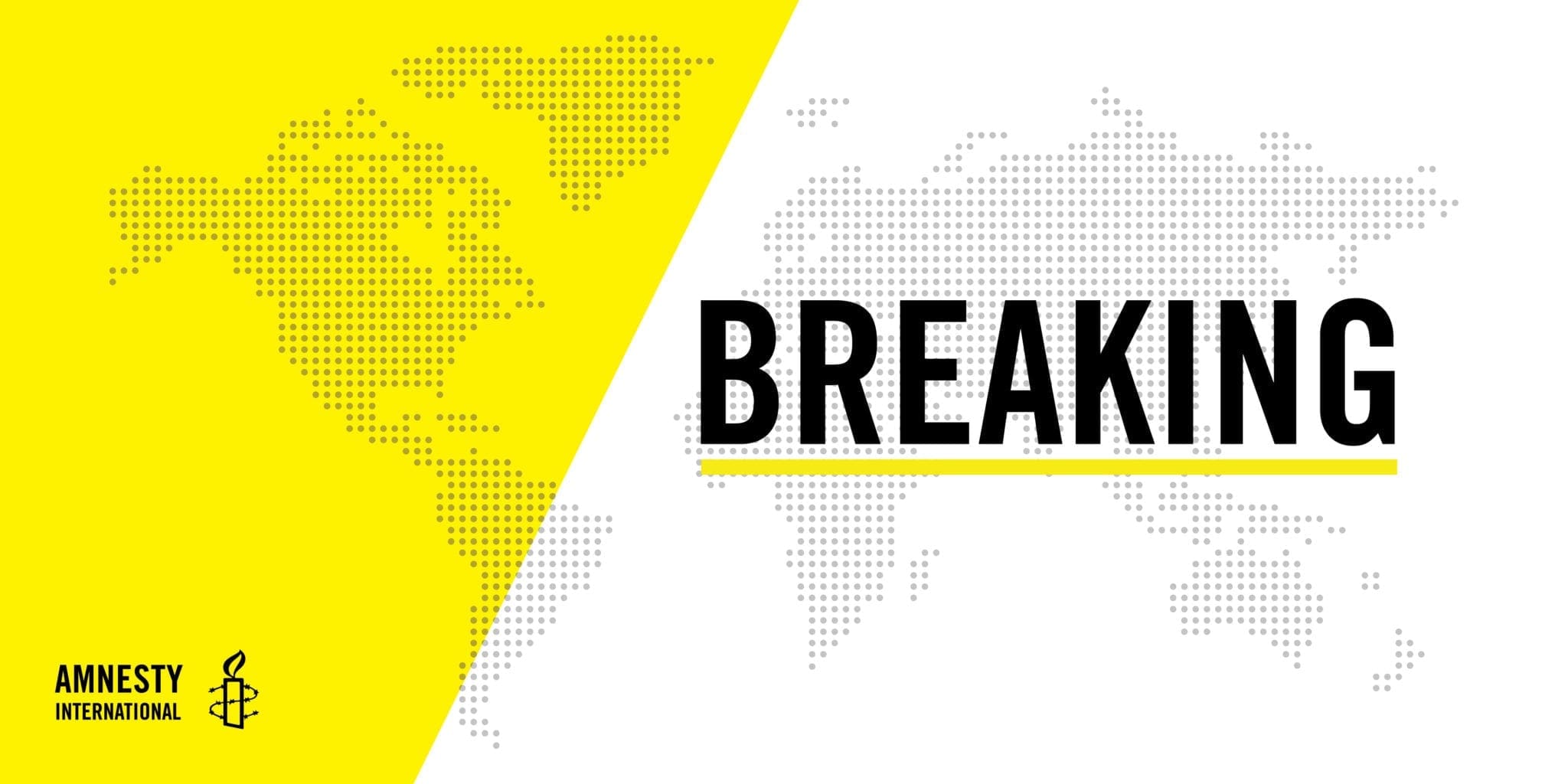“Today, President Biden is turning his back on tens of thousands of refugees around the world who have been approved to come to the United States. Communities across the United States, from local groups to faith-based institutions, are ready to welcome these refugees. As a presidential candidate, Joe Biden pledged to welcome 125,000 refugees during his first year in office. In February, Secretary Blinken notified Congress that the Biden administration planned to admit up to 62,500 refugees this fiscal year. Two months later, that number has been slashed.
“Amnesty International has advocated for refugees across the world. President Biden had the opportunity to fulfill his campaign pledge and to deliver on his promises to protect the rights of and well-being of refugees, to place human rights at the center of U.S. foreign policy, and to restore U.S. global leadership. He squandered that opportunity today. Our hearts are with the thousands of people now stranded around the world and with their families, friends, and communities waiting to receive their loved ones in this country.”
Background and context
There are over 100,000 refugees awaiting resettlement to the United States — including 35,000 refugees already approved to resettle in the United States, many who will be cut off from resettlement in FY21. In 2021 over 700 refugees have had their flights canceled at the last minute. Many had sold their belongings and moved out of their homes.
The Refugee Act of 1980 created the United States’ modern refugee program, which has resulted in over 3 million people resettled to a new home in the U.S. Since President Trump took office, the refugee admissions numbers have been at their lowest in decades: prior to 2018, the yearly refugee admissions goal since 1980 averaged 95,000 persons to be accepted per year.
There are 80 million people forcibly displaced around the world, with 1.4 people in need of resettlement this coming year according to the UN Refugee Agency, yet the United States is resettling fewer refugees than ever before. Amnesty International USA renews its call for the United States to admit at least 125,000 refugees in Biden’s first year as President.
Through the Longer Table Initiative, Amnesty International USA and its supporters all across the country have been working to welcome refugees through community sponsorship. Actions by the Longer Table Initiative have included writing letters, signing up communities to sponsor a refugee or a refugee family to live locally, incorporating refugee stories into a book club, and more. Amnesty International USA members have passed over one hundred “I Welcome” Refugees resolutions declaring support for refugees in cities and local communities.
In 2019, Amnesty International USA released a report, The Mountain is in Front of Us and the Sea is Behind Us’: The Impact of US Policies on Refugees in Lebanon and Jordan, documenting how refugee families continue to be locked in an impossible limbo, stuck abroad and denied opportunities for resettlement, because of discriminatory U.S. policies as they try to seek safety with a new life and a permanent home.
In 2020 Amnesty International USA presented its policy recommendations to the Biden transition team on increasing U.S. refugee admissions
Read more:
The United States is Failing Refugees Under President Trump (October 1, 2020)
Refugee Admissions Numbers are a New and Shameful Low (July 18, 2019)
New Refugee Cap is an Abandonment of Refugees, Congress Must Oppose (September 17, 2020)
Media contact: Mariya Parodi, [email protected]

